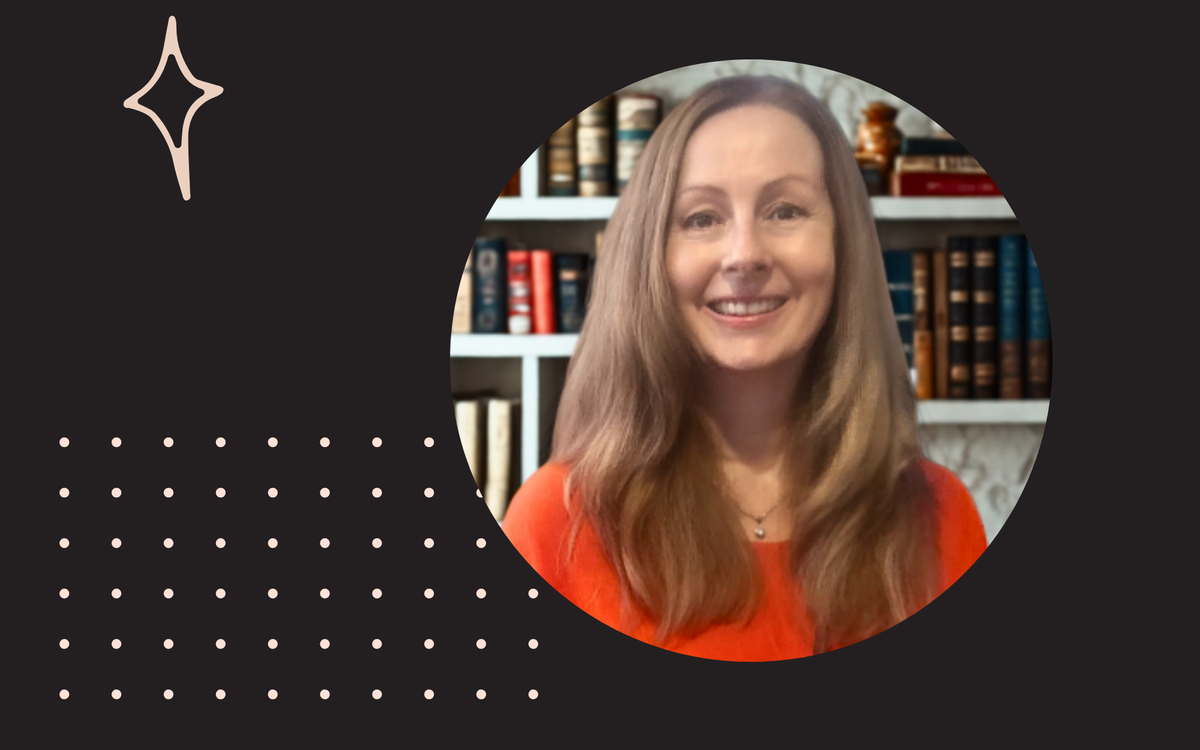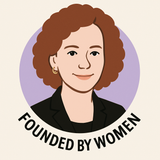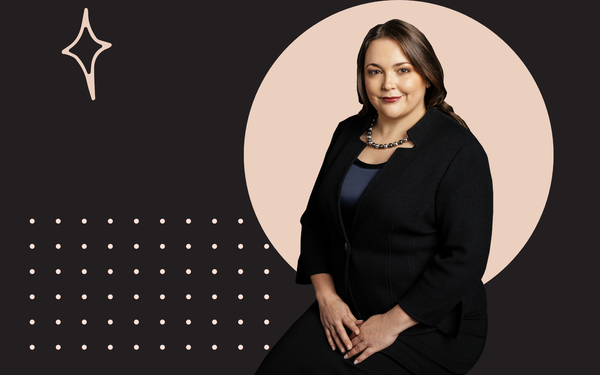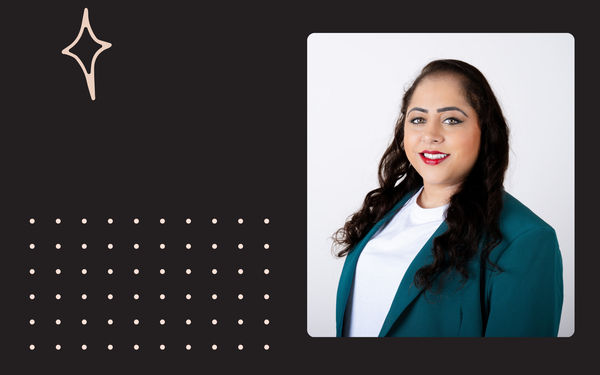Beyond the Standard Recipe: A Conversation with Naturopathic Medicine Expert Christine Barnes

In the complex landscape of women's health, some cases defy conventional treatment approaches. For Christine Barnes, M.Well. Nutritionist, Adjunct Professional Fellow at the National Centre for Naturopathic Medicine at Southern Cross University, these challenging cases have become her specialty. Rather than following standard protocols, Barnes has developed a distinctive approach that strips treatments back to fundamentals, asking "why" at every turn and working backward through a process of elimination to uncover each patient's unique underlying drivers.
Her methodology was shaped not only by professional experience but also by her personal health journey with bowel cancer, which presented in an unusual way and reinforced her belief in individualized, root-cause medicine. This combination of clinical expertise and lived experience has positioned Barnes as a practitioner who attracts patients who have been searching for answers for years—often after cycling through multiple healthcare providers without lasting success.
In our conversation, Barnes shares insights into the patterns she observes across her most challenging cases, her approach to helping patients navigate today's overwhelming health information landscape, and the foundational elements she believes are crucial for optimal wellness. Her perspective offers valuable guidance for women seeking more personalized, evidence-based approaches to their health concerns.
1. What led you to focus on the challenging cases that other practitioners often can't solve? Was there a turning point in your career that shaped this direction?
Yes, I had a series of cases that I felt I wasn't getting optimal results with by following the standard recipe approach/recommendations to treat. I decided to strip my treatment back to the bare bones using clinical decision making techniques based around current results of "why". As an example - Why was the zinc low, what are the possible contributing factors and exploring all the possibilities vs the first or common reasons and then work backward ruling out its potentiality one by one through a process of elimination. By discovering the patient's individual underlying driver began to bring better results. I also found that my own health history with bowel cancer that presented unusually and then working backward through my own case really confirmed my thought process works well.
2. Many of your patients have been searching for answers for years before they find you. What patterns do you notice in their stories, and what would you want women to know earlier in their health journey?
Stress, trauma, dehydration, lack of exercise and low intake of vegetables & quality protein. These are all common with each patient. That's why each of my self guided programs all have guidance and coaching around these core aspects included.
I would like people to make these connections earlier and begin to turn the ship around by making these connections and adjusting life to fit with them and not the other way around. Early trauma is often ignored, pushed down and is quite a challenge to take those first steps to begin the journey of processing, but it's so important to do. That's been both my personal and professional experience. I am not a counsellor, I refer those in need to a professional.
3. With so much conflicting health information available today, how do you help women distinguish between evidence-based approaches and trends? What questions should they be asking their practitioners?
This is a great question. I strive to educate the difference between marketing, bias, tradition and formulaic approaches versus what is the right fit for them, their health status and diagnosis. A large part of my treatment includes education and critical discussion around the what, why and when. It is very confusing for the layperson to differentiate.
AI is now making it even harder as people are turning to AI in desperation for medical advice instead of paying for professional advice. The problem with this is that AI does not provide reliable information and in fact, provides misinformation more often than not, and people are using this for self-treatment. As this is now becoming a common way for people to seek advice, we have tested this as a clinic and regularly do so with our own personal test results to determine the level of accuracy of the information provided. We have repeatedly been provided with incorrect diagnosis, outdated treatment information and overall misinformation, that if utilised by a patient without practitioner supervision, could end up with disastrous results.
It all starts with asking the right questions. If the person is working with a practitioner and prescribed a supplement I would ask the practitioner to explain what the supplement is, what it does, what we are treating. This is a good start. What works for one person or is commonly used, may not mean that it's right for everyone.
Resources:
Website: www.thebodyguard.com.au
Are you a woman leader with an inspiring journey to tell? Founded by Women is on a mission to elevate and amplify the voices of women making an impact.
If you're breaking barriers, driving change, or paving the way for others, we’d love to feature your story. Get in touch with us today!
👉 hi@foundedbywomen.org


